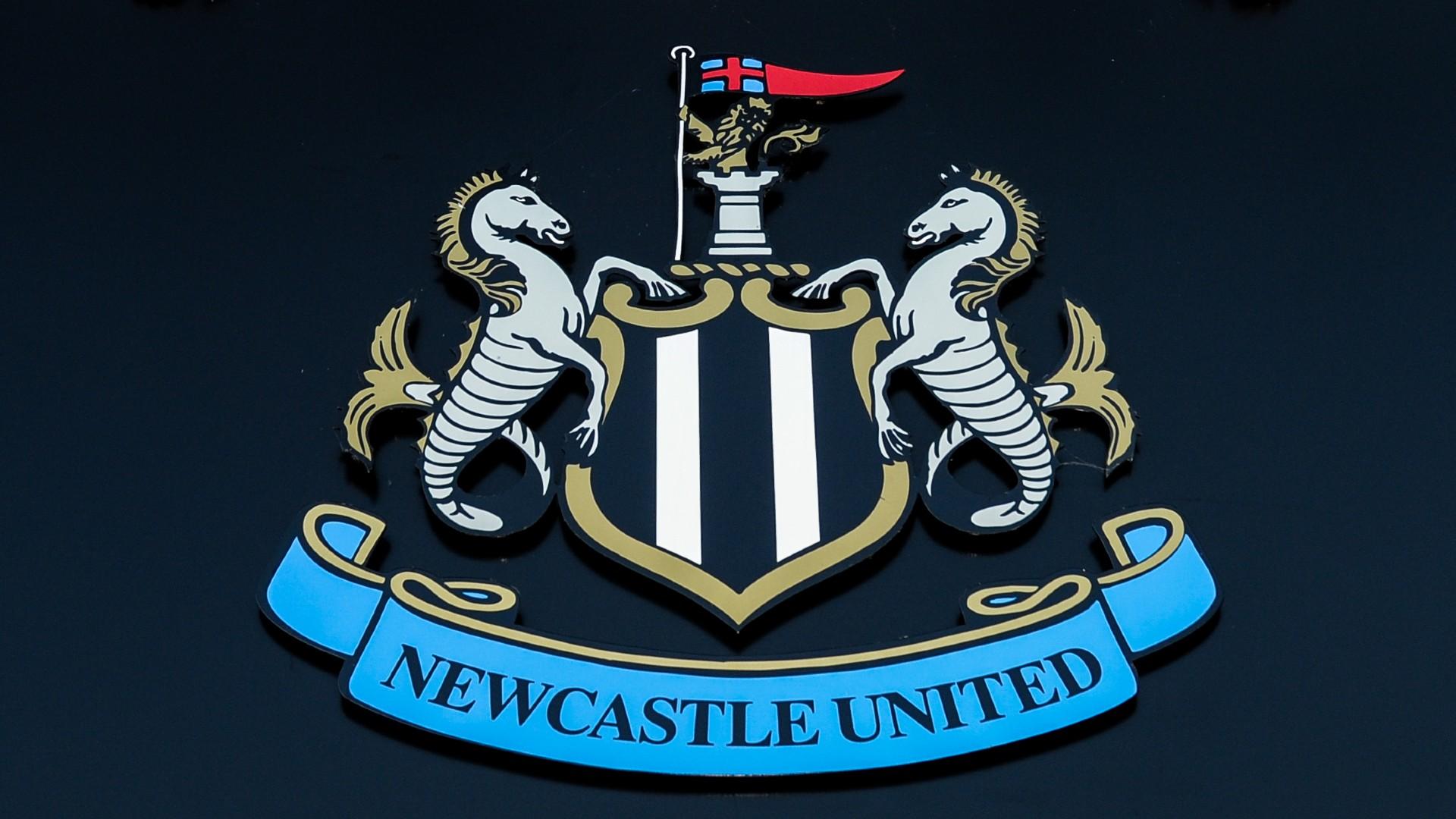
Newcastle United’s Strategic Shifts and Transfer Ambitions
Navigating Financial Constraints in the Transfer Market

George Caulkin of The Athletic provides an insightful look into Newcastle United’s recent activities, both on the pitch and in the bustling summer transfer market. Amidst the humid backdrop of Tokyo, where Newcastle faced two pre-season fixtures, the strategic discussions involving Paul Mitchell, Eddie Howe, and Darren Eales were crucial. The decision to agree on an initial £10 million fee for William Osula and to pursue Marc Guehi reflects a carefully calibrated approach in a financially restrictive environment.
The Dual Pursuit: Osula and Guehi
William Osula, a promising Denmark Under-21 striker, is seen as a developmental project for Howe at St James’ Park. His acquisition is in line with Newcastle’s long-term vision of nurturing young talent.
In contrast, the pursuit of Marc Guehi, a standout performer for England and a significant presence at Crystal Palace, is a bold move. His potential signing would not only strengthen the squad but also make a clear statement about Newcastle’s ambitions on the European stage.
Financial Realities and Strategic Compromises
Despite being theoretically one of the richest clubs in the world, Newcastle’s financial manoeuvring is tightly regulated by Profit and Sustainability Rules (PSR). The club’s recent history of near-misses in financial compliance has enforced a more cautious approach this summer. The sales of Yankuba Minteh and Elliot Anderson were crucial in balancing the books, showcasing the club’s need to navigate its financial obligations smartly while still aiming to enhance the squad’s quality.
Long-Term Planning and Global Outreach
The club’s strategic outreach in Japan, aligned with commercial interests and new kit sponsor Adidas, is part of a broader plan to increase global brand presence and commercial revenue. This approach is crucial as it provides the financial flexibility needed to pursue higher-calibre signings in the future. Eddie Howe’s reflection on the transformative 1996 summer in Japan, which saw the record signing of Alan Shearer, underscores the current financial and regulatory challenges hindering similar blockbuster moves today.
Our View – EPL Index Analysis
On one hand, the pursuit of talents like William Osula and Marc Guehi signal a promising direction, aligning with the club’s ambition to compete at a higher level. However, the shadow of financial constraints and the need for strategic sales to balance the books cannot be overlooked.
The potential sale of Anthony Gordon, despite his critical role last season, as a means to fund other transfers is particularly disheartening. It underscores a harsh reality: our financial power is not as unfettered as it appears, and player sales are still a necessary evil to fund new signings. This situation reflects a disconnect between the fans’ expectations post-takeover and the stark realities of financial fair play.
Furthermore, the reliance on selling young, talented players to make room for new signings could be seen as a step back in building a sustainably competitive team. While the strategy of signing and developing young talent like Osula is commendable, the potential loss of established players who have already proven their worth feels like a missed opportunity to build on a stable foundation.
The club’s efforts to enhance its global presence and commercial revenues are promising, yet they also bring about a sense of impatience among the fanbase. We are eager to see Newcastle reclaim its place among the footballing elite, but the journey appears slower and more fraught with financial prudence than many would hope.
In conclusion, while the strategic direction under Eddie Howe and the new leadership holds promise, the ongoing financial balancing act and the decisions around player sales will be critical in shaping the club’s future. Fans remain hopeful yet cautious, aware of the challenges but eager for success that mirrors the ambition shown in the boardroom.

Leave a Reply